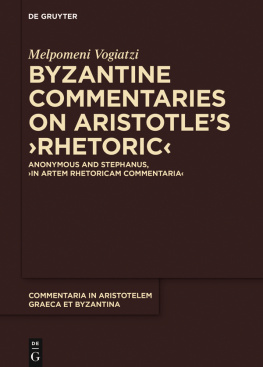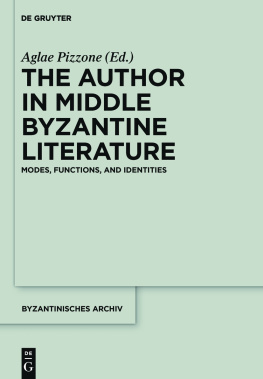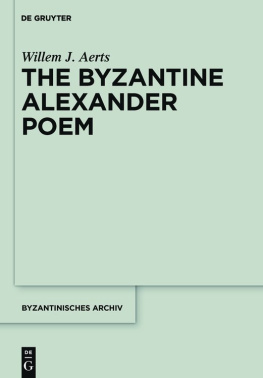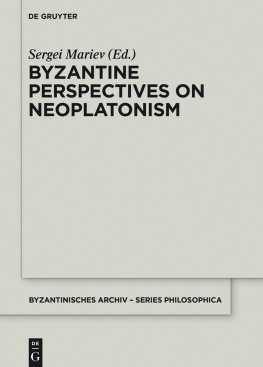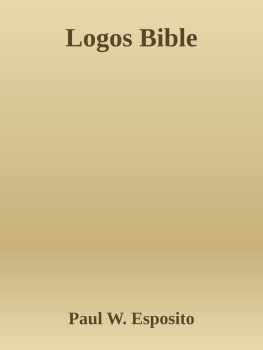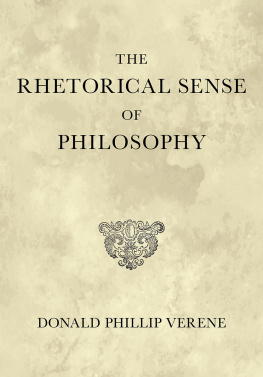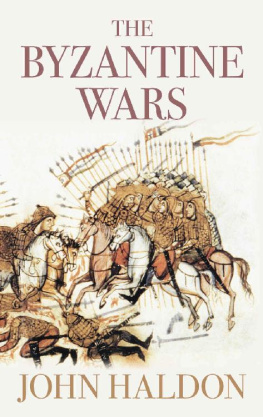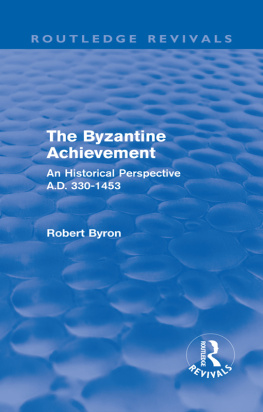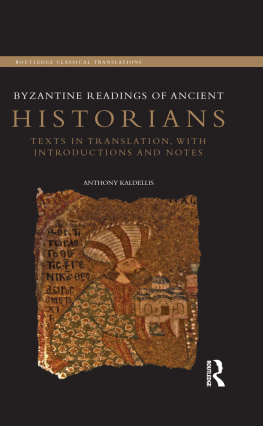Navigation
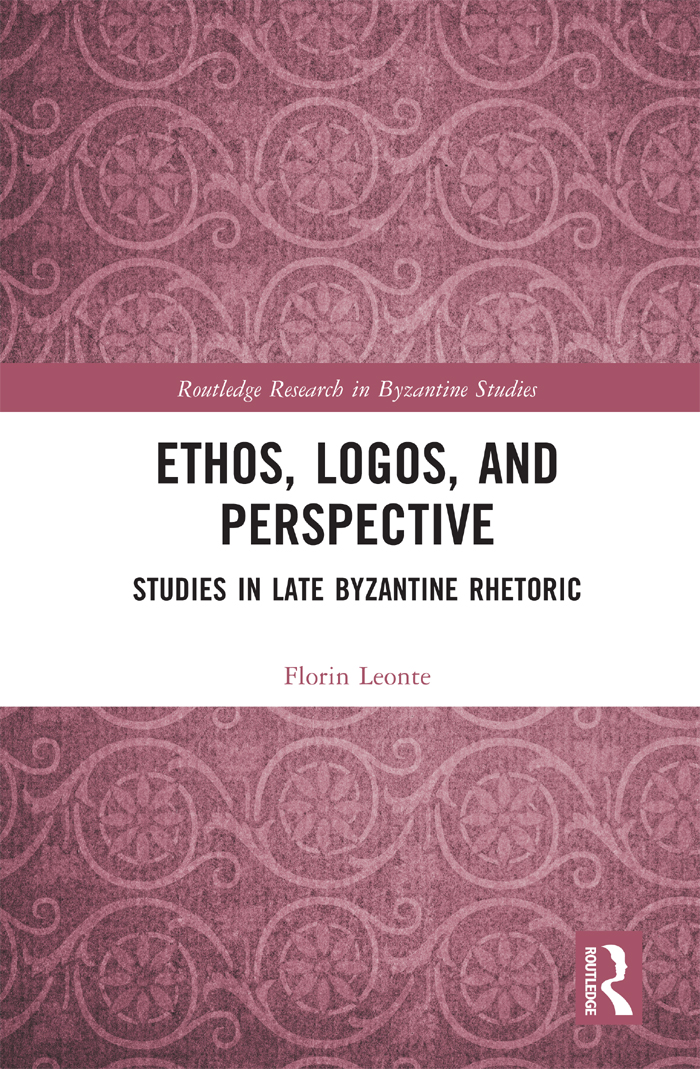
Ethos, Logos, and Perspective
Ethos, Logos, and Perspective represents the first comprehensive study of late Byzantine court rhetorical praise as a general phenomenon surfacing in many types of rhetorical epideictic compositions dating from the fourteenth and the fifteenth centuries: panegyrics, encomia, city descriptions, encomiastic verses, or letters.
The aim of this book is to reconstruct the two perspectives, idealism and pragmatism, that shaped authorial choices in matters of rhetorical style and composition. This study uncovers a little-known period in the history of Byzantine rhetoric. Proceeding from a nuanced understanding of the ancient concepts of ethos and logos, it analyzes the rhetoric of Byzantine praise in a modern theoretical framework. Unlike other previous studies of Byzantine rhetoric, the present research traces the structures and meanings that ultimately influenced the political attitudes and values circulating in the last century of Byzantine history. Another feature of this book is that it offers translations and discussions of important passages from the late Byzantine rhetoric, a corpus of texts that only recently has started to receive attention.
This book will appeal to scholars, students, and all those interested in Byzantine literary culture (particularly in reference to moral and spiritual advice) and the techniques of Byzantine rhetoric. In addition, readers will also find informative approaches on the main authors and genres of late Byzantine rhetoric.
Florin Leonte is Assistant Professor at Palack University of Olomouc, Czech Republic, teaching in the Departments of Classics and History since 2017. Previously, he taught at Harvard University (20132015) and the Central European University (2009). He has held several research positions at Dumbarton Oaks Research Center, Washington DC; Villa I Tatti, Research Center, Florence; and the New Europe College in Bucharest. His first monograph titled Imperial Visions of Late Byzantium Manuel II Palaiologos and Rhetoric in Purple was published in 2020. Leontes research primarily focuses on Byzantine rhetoric and society in the late fourteenth and early fifteenth centuries.
Ethos, Logos, and Perspective Studies in Late Byzantine Rhetoric
Florin Leonte

First published 2023
by Routledge
4 Park Square, Milton Park, Abingdon, Oxon OX14 4RN
and by Routledge
605 Third Avenue, New York, NY 10158
Routledge is an imprint of the Taylor & Francis Group, an informa business
2023 Florin Leonte
The right of Florin Leonte to be identified as author of this work has been asserted in accordance with sections 77 and 78 of the Copyright, Designs and Patents Act 1988.
All rights reserved. No part of this book may be reprinted or reproduced or utilised in any form or by any electronic, mechanical, or other means, now known or hereafter invented, including photocopying and recording, or in any information storage or retrieval system, without permission in writing from the publishers.
Trademark notice: Product or corporate names may be trademarks or registered trademarks, and are used only for identification and explanation without intent to infringe.
British Library Cataloguing-in-Publication Data
A catalogue record for this book is available from the British Library
ISBN: 978-1-032-34336-5 (hbk)
ISBN: 978-1-032-34337-2 (pbk)
ISBN: 978-1-003-32158-3 (ebk)
DOI: 10.4324/9781003321583
Typeset in Times New Roman
by MPS Limited, Dehradun
Contents
Introduction
DOI: 10.4324/9781003321583-1
At every moment in Byzantium, praise constituted a widespread aspect of rhetorical practice. Encomia were delivered on many public and private occasions celebrating rulers, aristocrats, or cities. They were designed as multifaceted containers of old beliefs and as responses to ongoing challenges affecting individuals or community values. Accordingly, Byzantine instances of praise ranged considerably in form and outlook, from short poems to extensive panegyrics encapsulating historical narratives. Moreover, even texts not intended primarily as encomia conveyed features of praise by blending moral lessons and even criticism with rhetorical topics of commendation.
As it permeated other genres, the encomiastic approach came to wield influence over the entire late Byzantine written culture. Praise deployed a host of literary themes and motives like the addressee's heroic past, the representation of magnificent cities, ideas of political conformity or reform, as well as images of sensorial delight. The task of the modern reader is to find the threads connecting all these diverse themes and to reconstruct the Byzantine approach to praise by revealing its dynamic accommodation of past and future, ideal and reality. Seen in this context, the object of this study will be to detect such connecting threads by means of an interpretation of rhetorical praise in the later phase of Byzantine court culture.
The corpus of sources considered here covers the last hundred years of Byzantine history, roughly from the mid-fourteenth century until 1453, a period coinciding with a series of political events and social transformations culminating in the fall of Constantinople. This period is particularly rich in works of epideictic rhetoric which, contrary to the common image of a deteriorating political landscape, flourished concomitantly with a lack of other genres like historical narratives.
Since praise was not limited to a particular genre, one problem is to find which texts belong to the broad category of rhetorical praise.
On the contrary, other compositions shared a primary intention of publicly extolling a person or an object whether praise was direct or elusive, standardized or innovative, aphoristic or hyperbolic, polite or repentant. With regard to the late Byzantine period, these multiple occurrences can be systematically noted in three categories of writings that subtend the epideictic field: orations addressed to members of ruling families, ekphraseis, and funeral texts. More often than not, these categories of texts together with their subtypes were either performed at important occasions (e.g. religious celebrations, birth, death, the successful conclusion of military campaigns, etc) and on the spot as brief public reminders of imperial plans for the future. Furthermore, it was common that acts of praise were not limited to single compositions but were developed across series of public addresses from a single author. For instance, John Dokeianos addressed two prosphonemata (c. 1440), and an encomium to Emperor Constantine XI (c. 1450), while, a century before him, Demetrios Kydones addressed several successive orations to both Emperor John V and John VI. Late Byzantine praise must therefore be understood as a process that involved long-term calculated strategies of public address with multiple stages.
However, despite the ubiquity of rhetorical praise, research has shown that it is difficult to pin down its operations, effectiveness, or continuously changing forms. Already scholars like Herbert Hunger repeatedly noted the problems of analyzing court praise in Byzantium.
The case for interpreting court praise as one of the many reflections of reality within the late Byzantine court society is therefore a cumulative one. From a historical point of view, the late Byzantine iterations of praise resembled those present in other pre-modern societies. From the Arab-Islamic world to the western medieval Jewish communities and from the Persian to the Chinese imperial culture, the practice and theory of public praise constituted key aspects of the rhetorical and ideological landscape. It is for this reason that the present study will not be concerned with the historical developments of various encomiastic forms, but will provide a snapshot of the last moments of Byzantine encomiastic rhetoric.


